Medical mold processing is characterized by high precision requirements, complex surface shapes, and numerous processing steps, making it a challenging task in the manufacturing industry. To ensure the smooth mass production of medical products, we must not only pay attention to the various requirements during the mold processing but also carefully select the processing factory. So, what are the unique aspects of medical mold processing? And how should we choose a suitable factory? Let's delve into these topics together.
I. Unique Aspects of Medical Mold Processing
-
Extremely High Processing Precision
Medical molds typically consist of multiple parts such as concave molds, convex molds, and mold bases, sometimes even requiring multiple pieces to be assembled. Therefore, whether it's the combination of upper and lower molds, the fitting of inserts and cavity blocks, or the assembly of modules, all require extremely high processing precision. The dimensional accuracy of precision molds often reaches the micrometer level, posing severe challenges to processing equipment and techniques.
-
Complex and Diverse Processing Surfaces
Medical products such as laryngoscopes, precision medical instruments, implantable medical consumables, and dialysis tubes often have shapes composed of various curved surfaces. This makes the mold cavity surfaces extremely complex, with some surfaces requiring mathematical calculations for processing.
-
Numerous Processing Steps
The mold processing process involves various steps such as milling, boring, drilling, reaming, and tapping, followed by mold testing. This places high demands on the professionalism of the operators.
-
Repeated Production Needs
Molds have a limited lifespan. When a mold exceeds its service life, it needs to be replaced with a new one. Therefore, mold production often involves repetition.
-
Profile Machining Capability
In some cases, mold production lacks both drawings and data, and requires profile machining based on the actual object. This requires medical mold processing to have high-precision replication capabilities to ensure the product remains undistorted.
-
Excellent and High-Hardness Mold Materials
Medical molds are often manufactured using high-quality alloy steels, especially for high-lifespan molds. These steels have strict requirements from blank forging, processing, to heat treatment. Therefore, the compilation of medical mold processing techniques is particularly important, and heat treatment deformation issues also need to be carefully addressed.
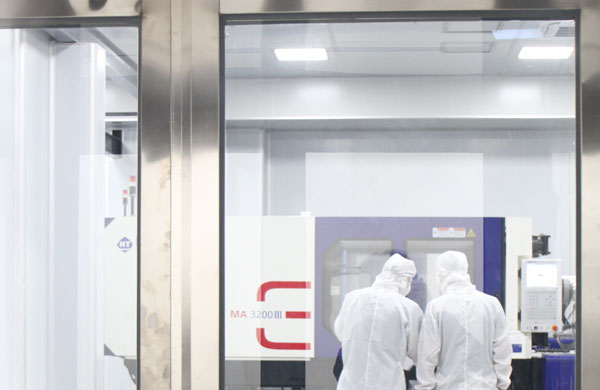
II. How to Choose a Suitable Medical Mold Processing Factory
When selecting a medical mold processing factory, we need to conduct a comprehensive evaluation from multiple perspectives such as equipment, personnel, and scale. Specifically:
-
Equipment Aspect: The CNC system should have powerful functions, the machine tool should have high precision, good rigidity, excellent thermal stability, and profile machining capabilities. These are key factors for ensuring processing precision and efficiency.
-
Personnel Aspect: The factory should have a professional and skilled processing team that can proficiently master various processing steps and operating skills, ensuring the stability and reliability of product quality.
-
Scale Aspect: The factory should have a certain production scale and strength, capable of undertaking large-scale and high-difficulty medical mold processing tasks, and ensuring timely delivery.
Here, I highly recommend Dongguan Yize Mold Co., Ltd. Established in 2007, the company is headquartered in Dongguan, the manufacturing capital, with convenient transportation and logistics. As a company engaged in precision mold design and manufacturing, as well as precision injection molding products production for many years, Yize Mold specializes in a complete set of solutions including the design of automotive connectors, medical product injection molding, dust-free injection molding, PFA custom injection molding, precision mold manufacturing, injection molding and assembly, and after-sales service. If you have medical mold processing needs, please feel free to contact us (Tel/WeChat/WhatsApp: 13302615729), and Yize Mold will serve you wholeheartedly.
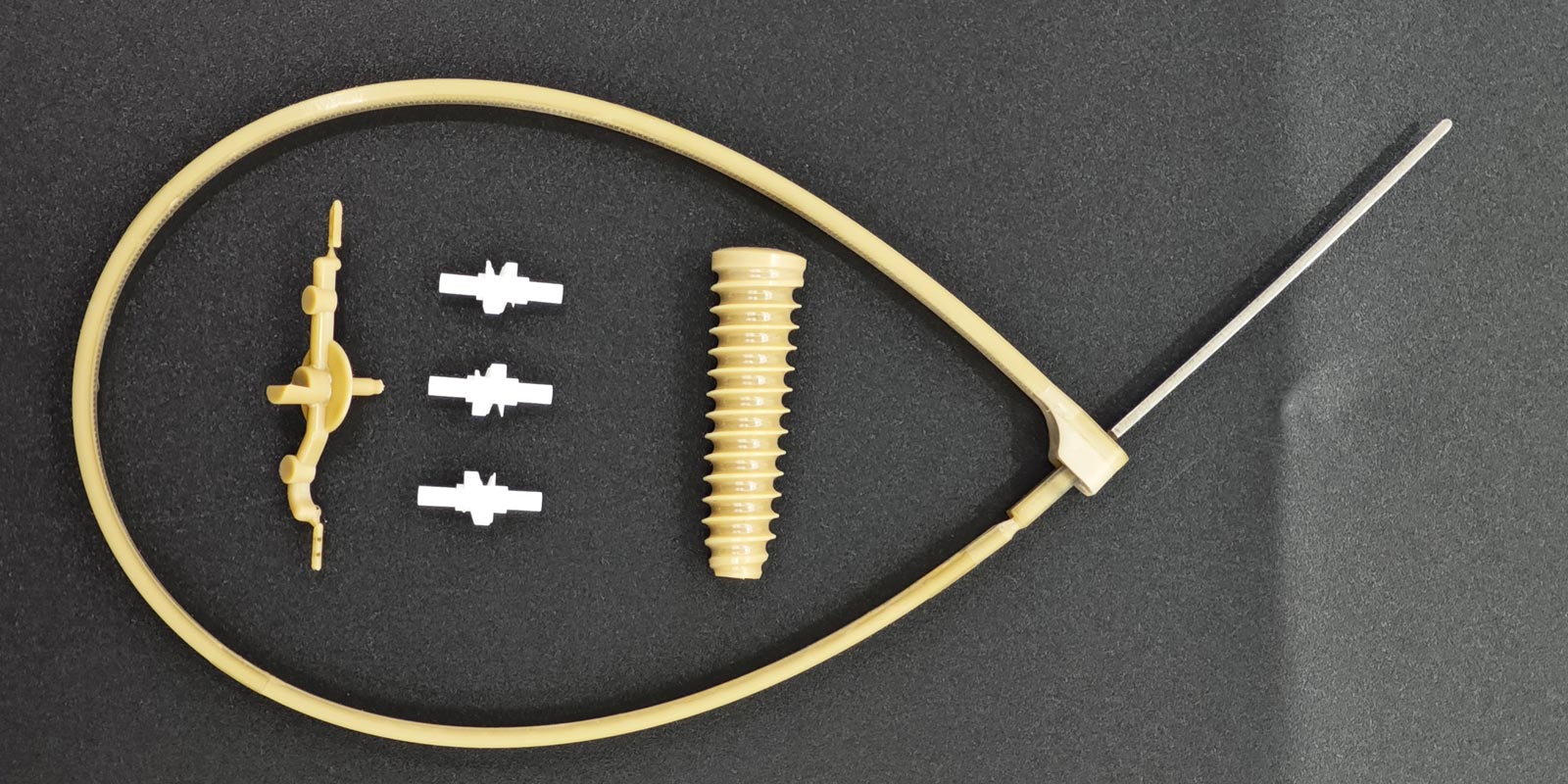
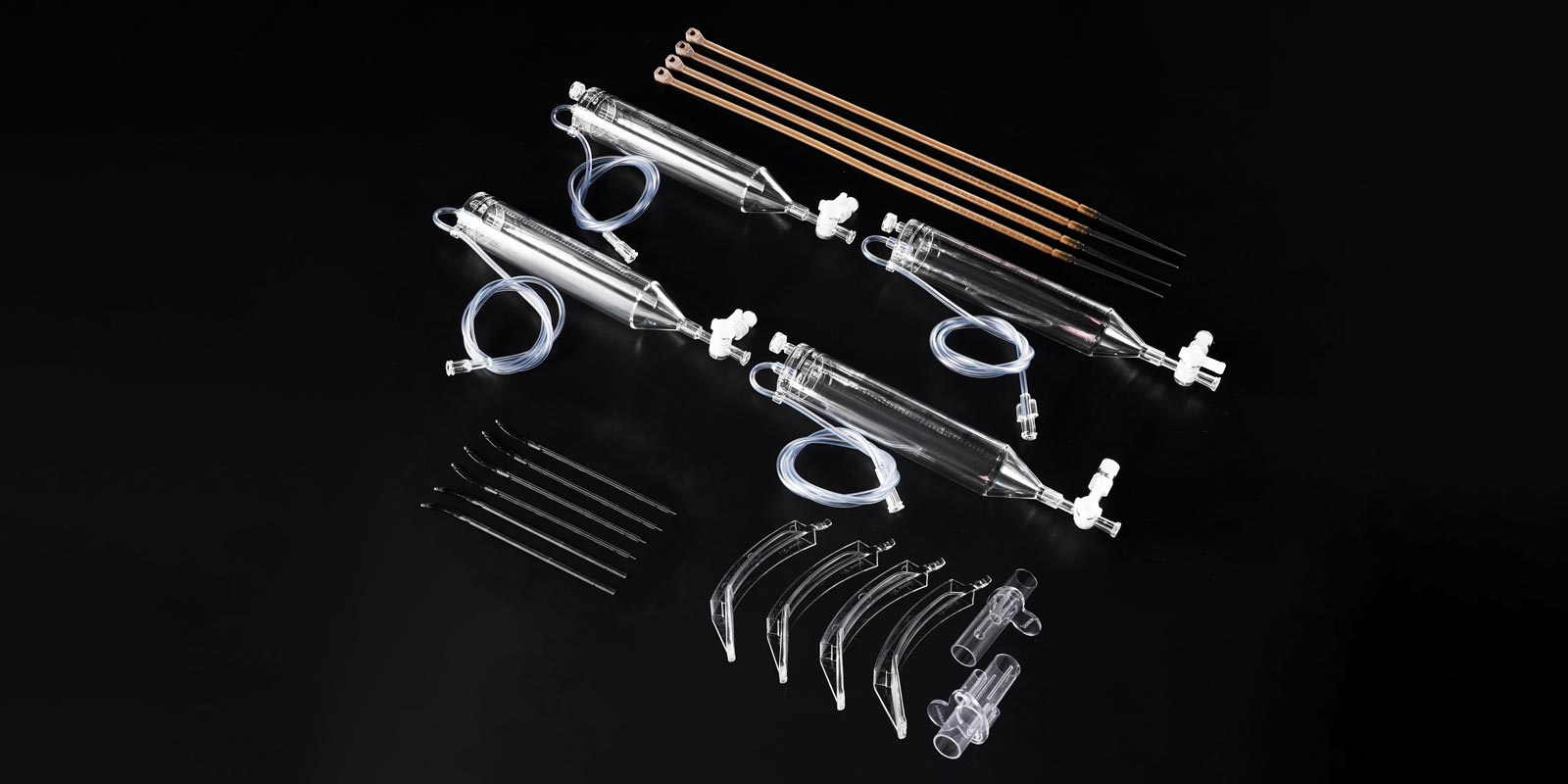
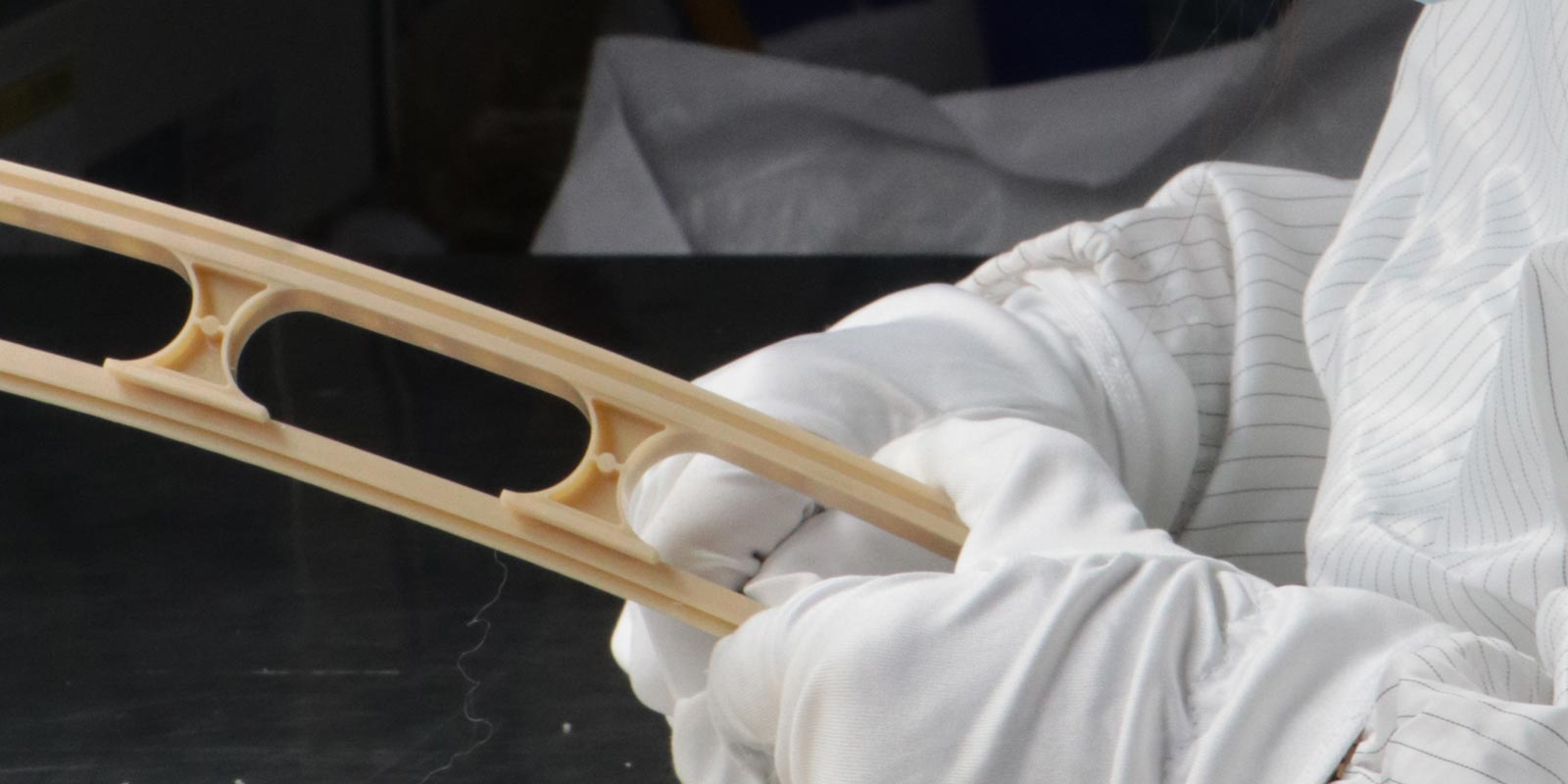
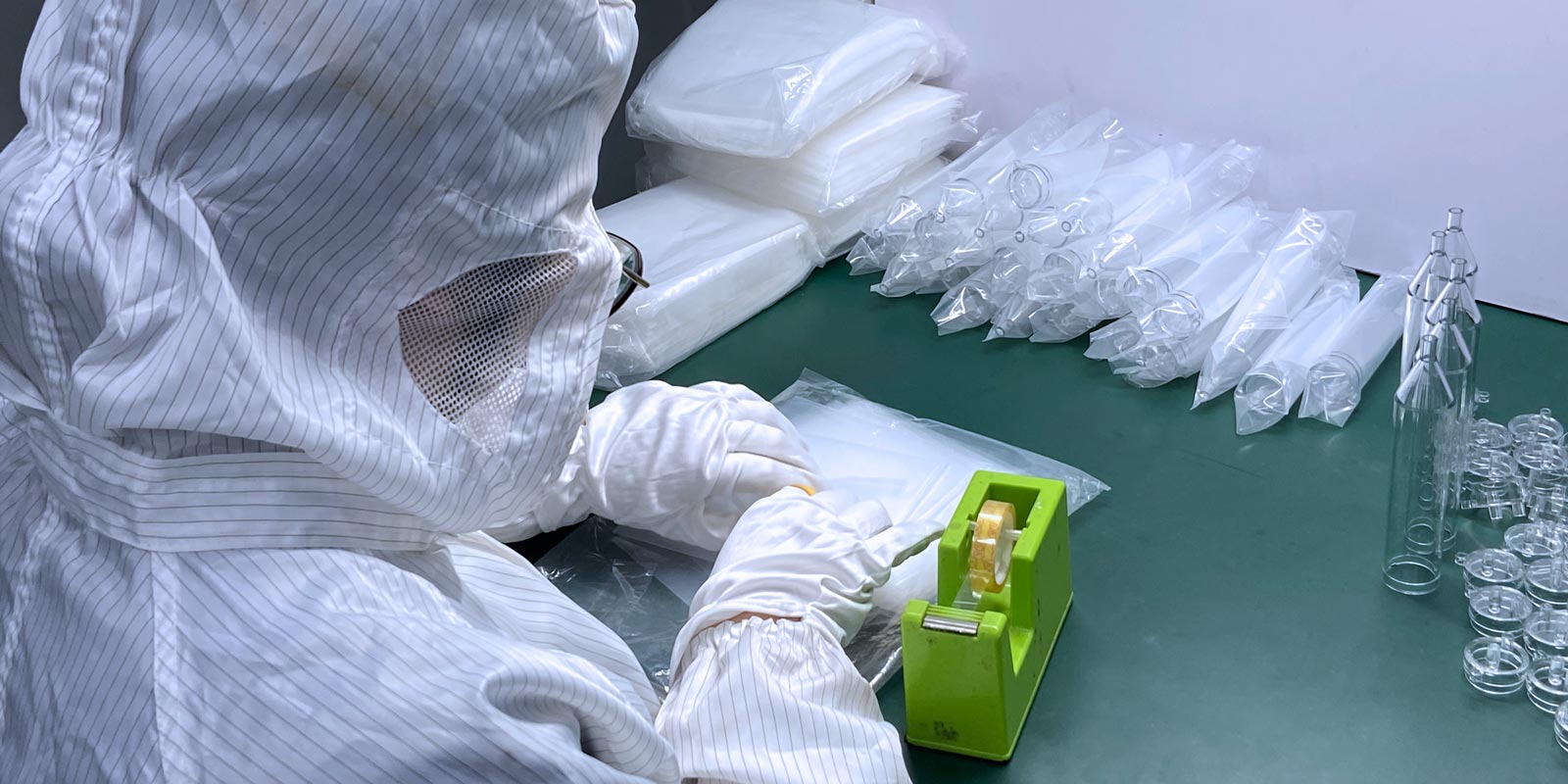
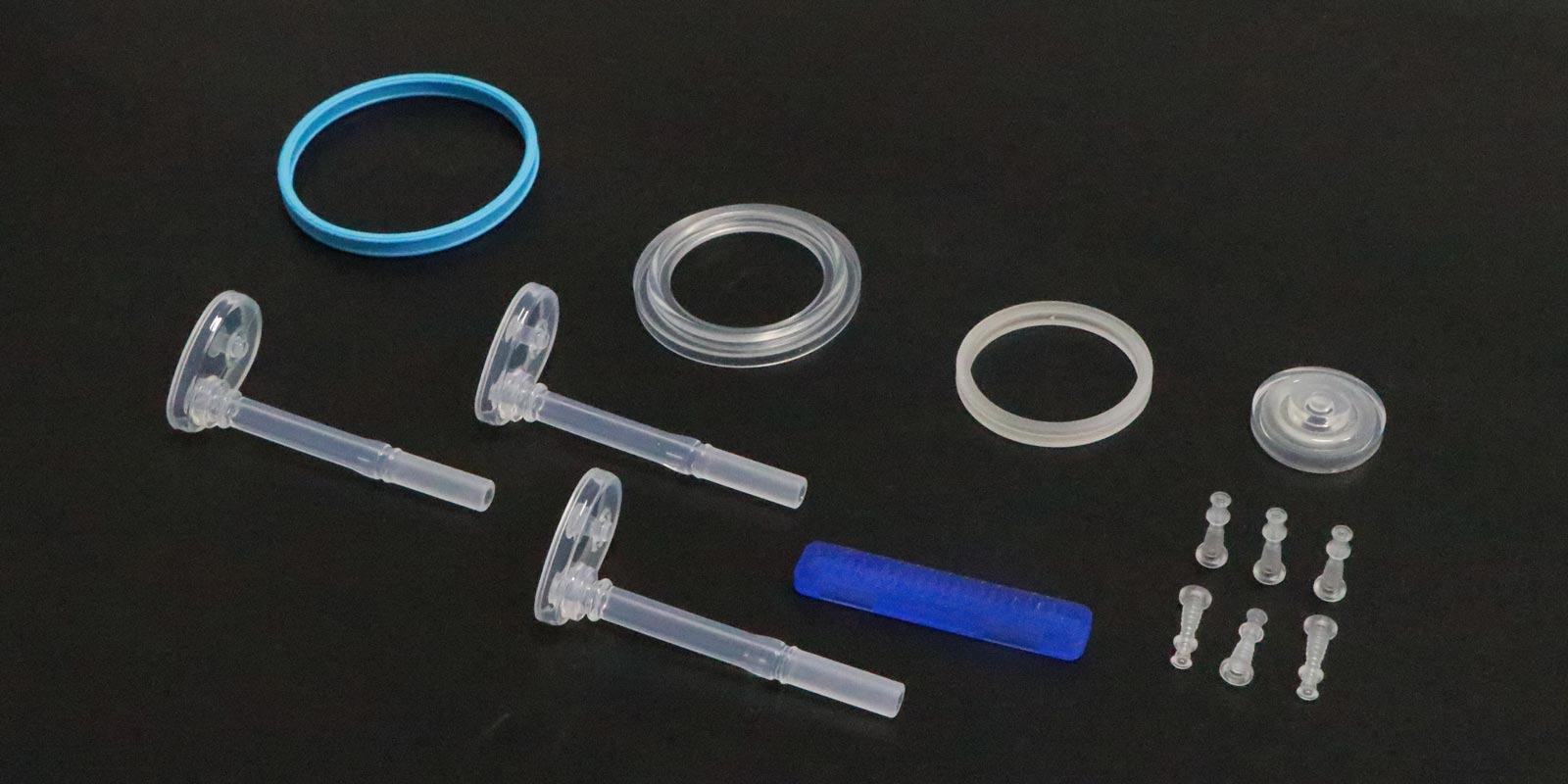











 Home
Home
